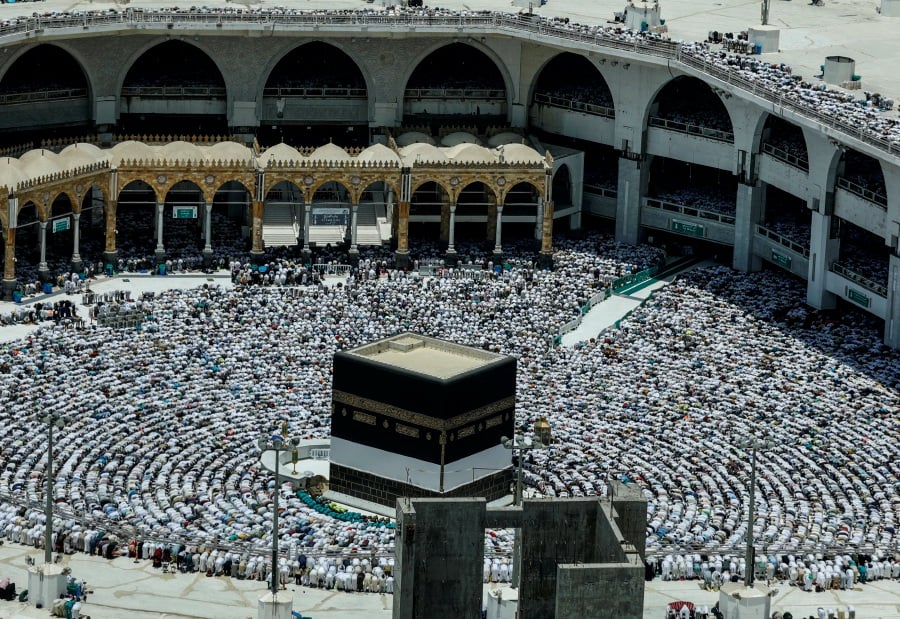MUSLIMS' obligation to perform the haj has become their point of vulnerability, exploited by mercenary tour operators aiming to make a fast buck.
Some 31,600 Malaysians received Allah's "invitation" to perform their maiden haj this year through Tabung Haji, costing RM12,356 (B40 group), RM19,152 (M40 group) and RM33,000 (T20 group) per pilgrim for basic travel, food and accommodation.
This is the subsidised cost as the government covers RM33,300 per pilgrim. As Tabung Haji's guests, pilgrims are assured of a safe and complete pilgrimage. Some wealthy Muslims splurge RM40,000 to RM270,000 for better food and accommodation.
Some pilgrims even sell and pawn assets to fulfil their haj responsibility, the last chance in this life for some. Performing the haj is paramount, because while in Makkah many sacred rituals pave the route to the ultimate redemption of being blessed by Allah.
As the fifth of Islam's sacred pillars, performing the haj is not strictly required, under some conditions. The medically incapacitated or impoverished can be exempted. Still, that doesn't stop many from considering the haj the apogee of their lifelong spiritual vocation.
Therein lies the rub: the uncompromising aspiration to make it onto Tabung Haji's very long waiting list. The years of waiting mean that many would-be pilgrims, especially first-timers, would have run out of patience.
Why can't Muslims simply pack a bag and fly into Jeddah at a moment's notice? Technically, they can enter any Saudi city for business or tourism during the haj season. But if they are caught entering Makkah without a Saudi-issued haj permit, they will be immediately deported — no exceptions. The stern rules also apply to Saudi citizens, including Makkah residents.
This is where the problem starts: haj operators attempt to "sneak" pilgrims into Makkah using tourist or business visas, an underhanded tactic to cash in on impatient and unsuspecting pilgrims. Another tragic story emerged recently: 300 Malaysians were detained en route to Makkah after the tour operator tried to mask their tourist visas as haj permits.
Private operators lobby hard for these permits, which the Saudis funnel through the government to dispense. Once acquired, they are then co-opted into legitimate but deluxe travel arrangements. The government is at a loss to stop this crime.
Other than staying clear of deceitful tour operators, pilgrims would be wise to investigate tour operators' backgrounds and records. The government should make an example of shady operators. Indict, expose and blacklist them. Pilgrims should be taught to differentiate between a haj and tourist visa and avoid being sweet-talked by tour operators. But it may be hard for pilgrims to make wise decisions with the Kaabah so enticingly within reach.


